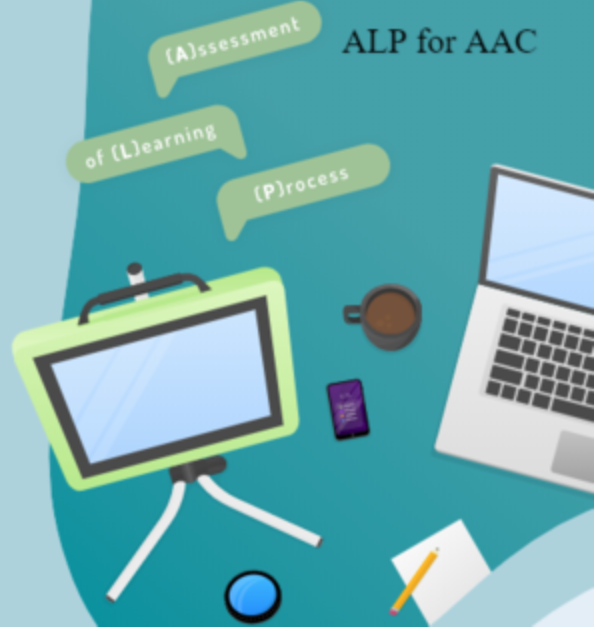Assessment of Learning Process for AAC
Conducting a comprehensive AAC evaluation can be difficult enough, but then you have those kiddos with complex physical challenges who need an alternative means of access to communicate. It’s really tricky to identify access options that are appropriate, gather enough data to justify the selection, determine where the user is in terms of skill levels, and be sure that you’re able to measure progress once in place. Enter the Assessment of Learning Process, or the ALP. Developed by an Occupational Therapist who defined the ‘process of learning’ for powered mobility access, along with two Speech Therapists who have extensive experience in AAC evaluation, the ALP for AAC provides a consistent structure for identifying cognitive and motor abilities along three stages of development as they apply to AAC learning.
I was fortunate to attend a two-day training on administration and use of the ALP last summer and I can attest to the strength of this formula for evaluating alternative means of access within AAC evaluations.
It can be used by anyone who supports someone who is learning a new access method in AAC.
It provides a framework for understanding progression in AAC access learning.
It contains three broad stages of learning, with eight specific phases.
The support team looks at five areas of assessment to determine which stage/phase a learner is in.
The ALP for AAC considers five areas of assessment to determine how to support them in progressing to the next phase.
ThisAssessment Chartoutlines the stages and functional skills that allow you to mark a starting point and chart progress. ThisOverview of ALP Stages provides a definition of the three specific stages, allowing the evaluator to visualize performance abilities from novice to expert levels. If you need guidance for evaluating your students with significant physical challenges, the ALP for AAC can help.
Once the COVID-19 restrictions have been lifted and it’s safe to gather again, Tennessee Talks will be hosting ALP for AAC workshop sessions. Stay tuned for details!
